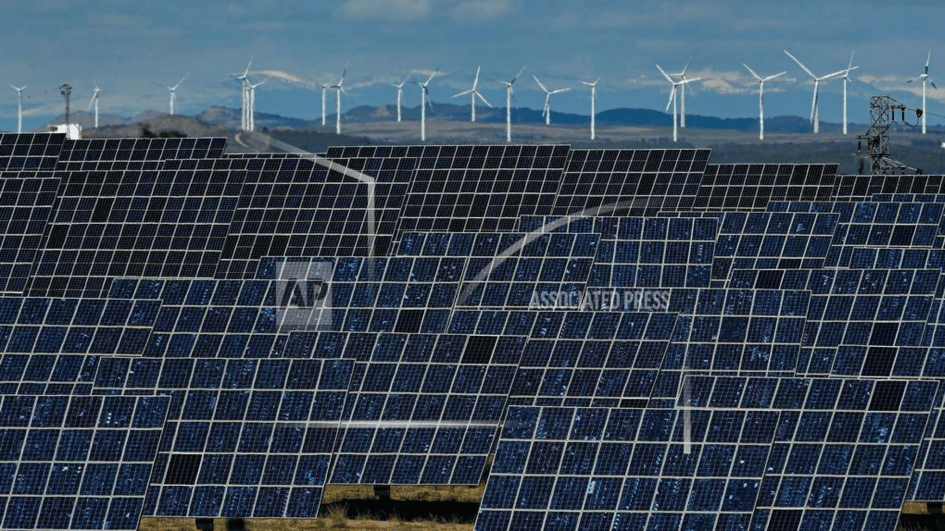
Current production levels of key minerals such as lithium, cobalt and nickel needed for clean energy technologies are insufficient to reach global climate goals, a United Nations agency has said.
According to a study by U.N. Trade and Development, demand for lithium could rise by more than 1,500 percent by 2050, with similar increases for other minerals required to manufacture solar panels, wind turbines and electric car batteries.
"Global investments in critical energy transition minerals are not keeping pace with escalating demand," the report said.
"Current production levels are inadequate to meet the needs required to limit global warming to 1.5C, in line with the Paris Agreement."
The U.N. said it identified 110 new mining projects across the world with a value of $39 billion, with $22 billion invested in 60 projects in developing countries.
But meeting the objective of net-zero emissions by 2030 would require 80 new copper mines, 70 new lithium mines, 70 nickel mines, and 30 cobalt mines.
Investments of 360 billion to 450 billion euros would be needed between 2022 and 2030, the study said.
The expanding demand for critical materials offers opportunities for many developing economies, especially in Africa, it said. The continent holds more than a fifth of the global reserves of a dozen essential metals.
The U.N. called on developing countries to increase the local value added of their mining operations. It noted that no country in Africa or Latin America is currently a major actor in the manufacturing of cathodes or other battery components.
The report did note the experience of the Democratic Republic of Congo, which by refining cobalt locally has raised the price it receives from $5.80 a kilogram at the moment of extraction to $16.20 a kilogram after transformation.